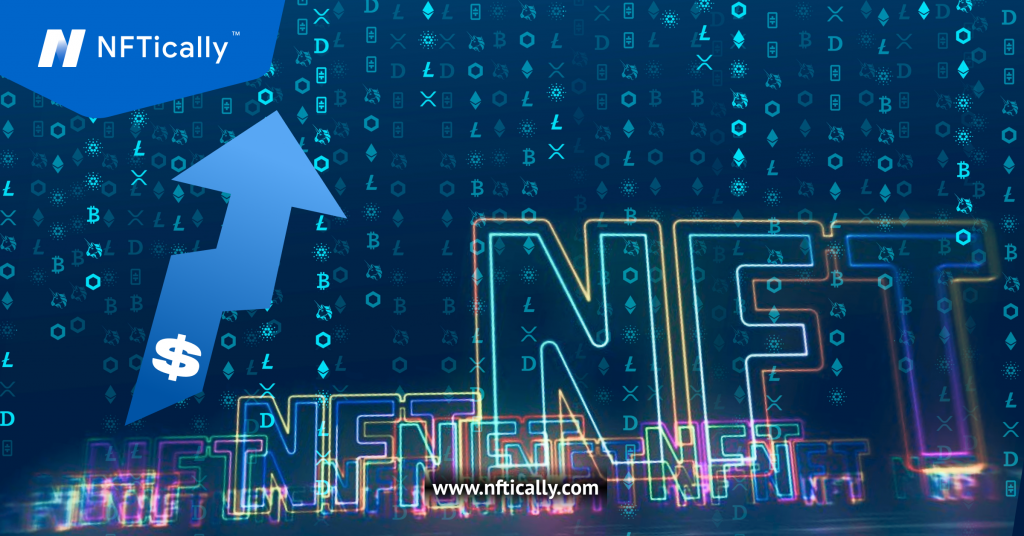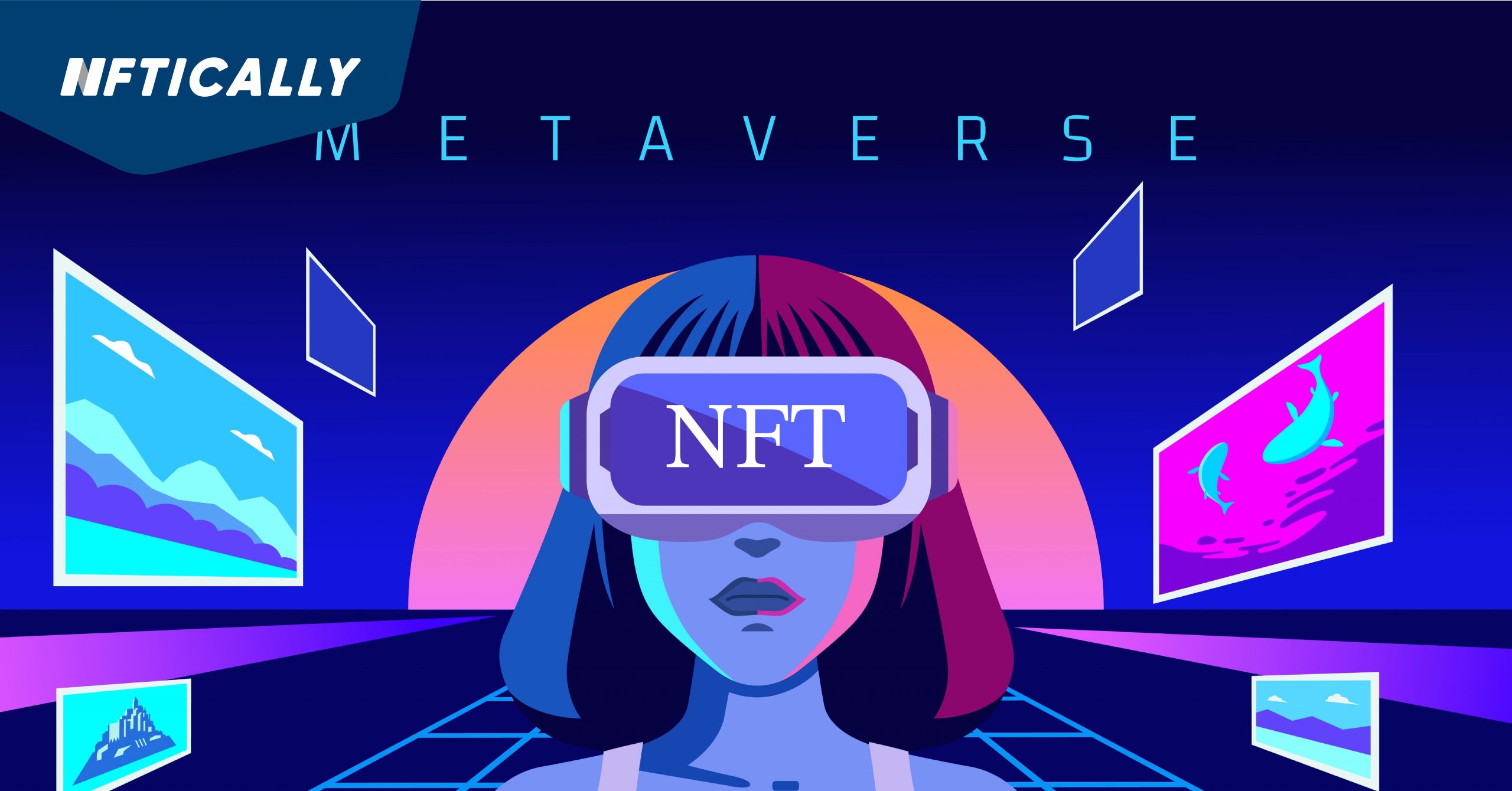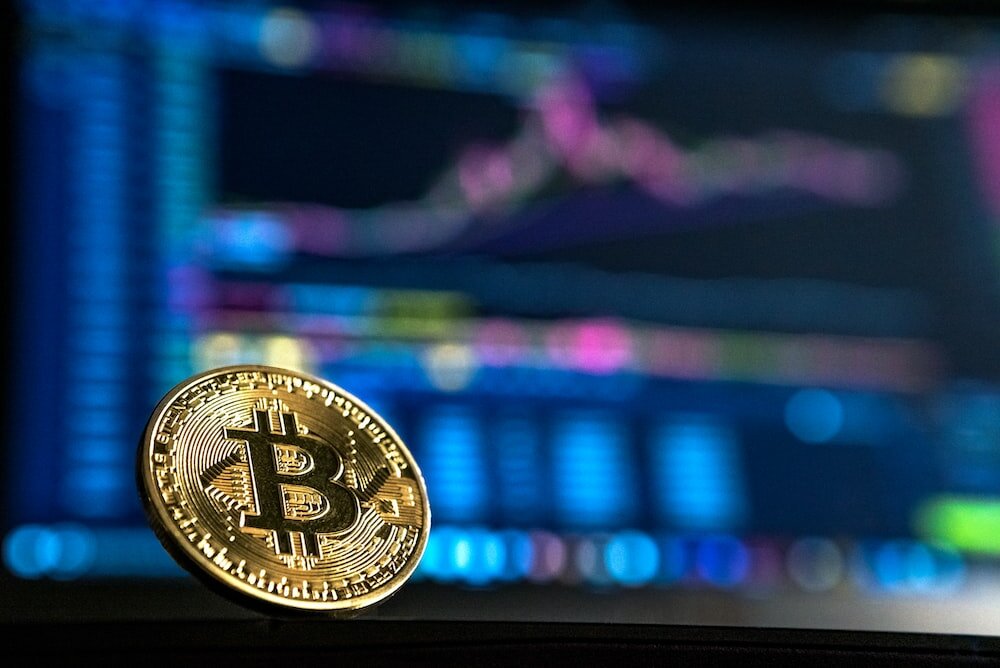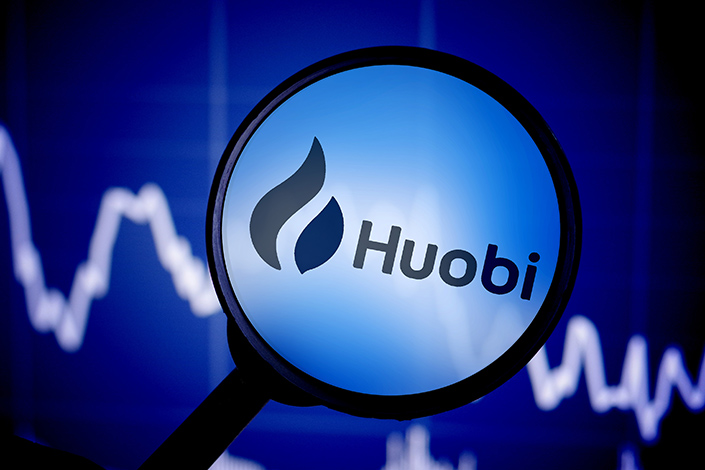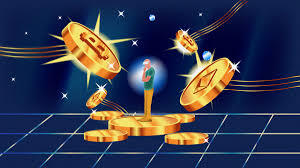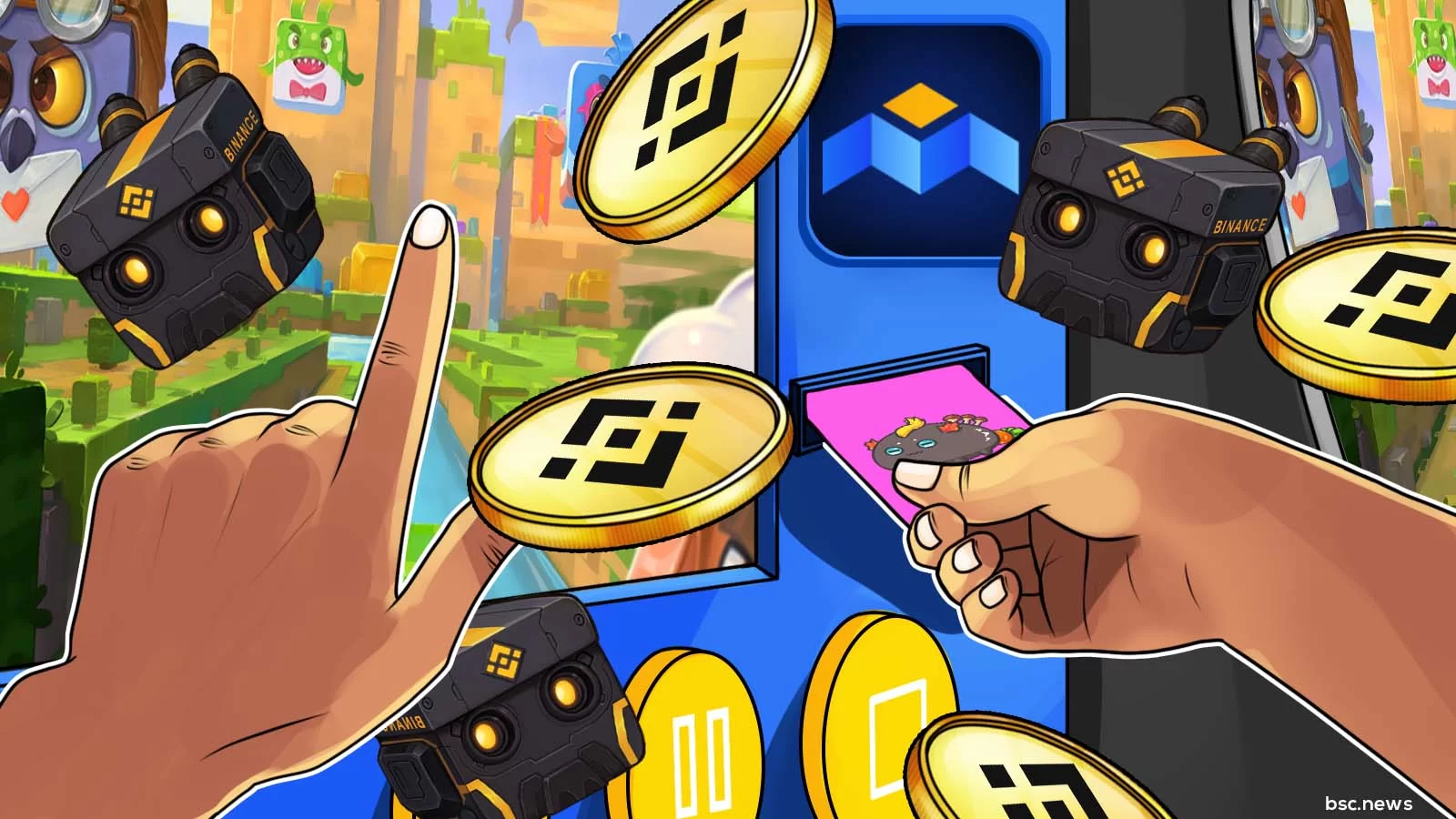What is Ethereum Gas How ETH Gas Fees Work
Understand Ethereum Gas Fees and How ETH Gas Works. Get a clear explanation of Ethereum transaction fees and optimize your crypto.
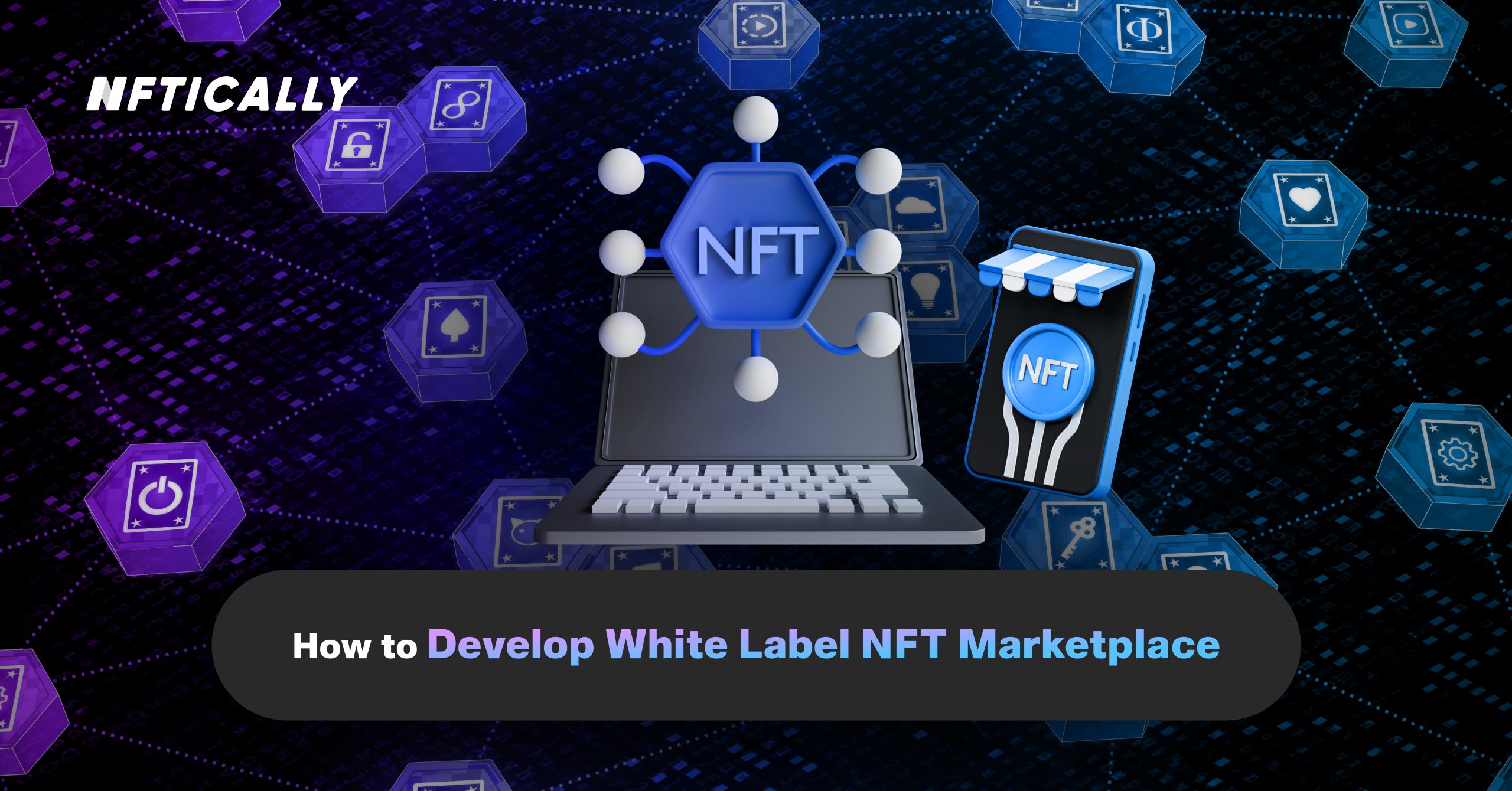
In the realm of blockchain and cryptocurrencies, Ethereum has undoubtedly made a significant mark. This decentralized platform has become the breeding ground for innovative applications, including the world of non-fungible tokens (NFTs). Ethereum's role in the NFT market price,?NFT tokens price, and the best NFT gaming experiences has been pivotal. However, one crucial aspect that often perplexes users is Ethereum gas and the associated gas fees. In this article, we will delve into the intricacies of Ethereum gas, how ETH gas fees work, and how they impact the NFT market.
Understanding Ethereum Gas
Before diving into Ethereum gas and its effects on the NFT market, it's essential to grasp the fundamental concept. Ethereum gas is a measure of computational work required to execute a transaction or a smart contract on the Ethereum network. It is vital to ensure that the network runs smoothly and securely.
ETH Gas Fees
When you send Ether (ETH) or interact with a smart contract, you need to pay ETH gas fees. These fees are essential for motivating miners to include your transaction in the Ethereum blockchain. Miners receive these fees as a reward for verifying and validating the transactions. This concept is similar to paying a toll to use a highway.
NFT Market Price and Ethereum Gas
The NFT market has experienced exponential growth, with the price of NFT tokens reaching astronomical figures. This surge in NFT tokens' price and the popularity of NFT gaming has created significant demand for Ethereum network resources, primarily in the form of gas. As a result, users engaging in NFT transactions may face high gas fees, affecting the NFT market price.
NFT Price Chart and Gas Fees
To understand the impact of gas fees on the NFT market, it's crucial to analyze an?NFT price chart. The prices of NFTs can be highly volatile, and gas fees can exacerbate this volatility. High gas fees can deter users from purchasing NFTs, affecting their price and overall market sentiment. Conversely, lower gas fees can make NFTs more accessible, potentially driving up demand and prices.
NFT Blockchain and Gas Efficiency
As the NFT market continues to expand, there is a growing need for NFT marketplaces to explore innovative solutions for reducing gas fees.?NFT blockchain?technologies are continually evolving to enhance the efficiency of NFT transactions. Layer 2 solutions and sidechains, such as Polygon and Optimism, have gained traction in the NFT space due to their lower gas fees and faster transaction times.
Best NFT Marketplaces for Low Gas Fees
For users seeking to minimize their gas expenses while exploring the NFT market, it's essential to choose the?best NFT marketplaces. Some popular options known for their relatively lower gas fees include OpenSea, Rarible, and Mintable. These platforms offer a variety of NFTs for sale and can be more cost-effective for NFT enthusiasts.
NFTs for Sale and Gas Fee Considerations
When browsing?NFTs for sale, it's important to factor in the associated gas fees. Keep in mind that the cost of purchasing an NFT extends beyond its listed price. High gas fees can significantly impact the overall cost of acquiring an NFT. To avoid unexpected expenses, always check the current gas prices and plan your NFT purchases accordingly.
To make informed decisions in the NFT market, it's essential to consider the following strategies and solutions to navigate the Ethereum gas landscape:
- Timing Your Transactions: Gas fees can vary greatly depending on network congestion. Monitoring gas prices and choosing the right time to transact can significantly impact your costs. Ethereum gas trackers and websites like ETH Gas Station can help you keep an eye on current gas prices and trends.
- Gas Optimization Techniques: NFT marketplaces and blockchain projects are actively working on gas optimization. Some employ techniques like batch minting, which allows multiple NFTs to be minted in a single transaction, thus reducing overall costs. Keeping an eye on such innovative approaches can save you money.
- Layer 2 Solutions: Layer 2 scaling solutions, such as Polygon, Optimism, and zkSync, aim to address Ethereum's scalability issues by providing faster and more cost-effective transactions. Many NFT projects are adopting these solutions to offer users a seamless experience with lower gas fees.
- Research and Due Diligence: Before making any NFT purchases, it's crucial to research the associated gas fees. Each NFT listing will provide information on the gas fee required for the transaction. Be sure to weigh these costs against the value of the NFT you're interested in.
- Consider Alternative Blockchains: While Ethereum is the most popular blockchain for NFTs, other blockchains like Binance Smart Chain, Flow, and Tezos also offer NFT support. These platforms may have different fee structures that could be more appealing for some users.
- Gas Fee Estimators: Several tools and platforms provide gas fee estimators that can help you gauge the potential cost of a transaction before you commit. These estimators take into account network conditions and can help you decide whether to proceed with a transaction or wait for a better time.
- Community and Social Media: Engage with the NFT community on social media and forums to stay updated on the latest trends, projects, and solutions for reducing gas fees. Often, users share valuable insights and tips for navigating the NFT space cost-effectively.
In the exciting world of NFTs, Ethereum gas and gas fees play a crucial role. As the?NFT market price?continues to soar, understanding how gas fees work and their impact on the NFT ecosystem is vital. Gas fees can influence NFT price charts, making them more or less accessible to potential buyers. To make the most of the NFT market, users should consider the efficiency of NFT blockchain solutions and choose the best NFT marketplaces for their unique needs. By staying informed and adaptable, NFT enthusiasts can navigate the world of Ethereum gas and NFTs successfully, ensuring they don't get caught in a web of unexpected gas fees.
What's Your Reaction?









